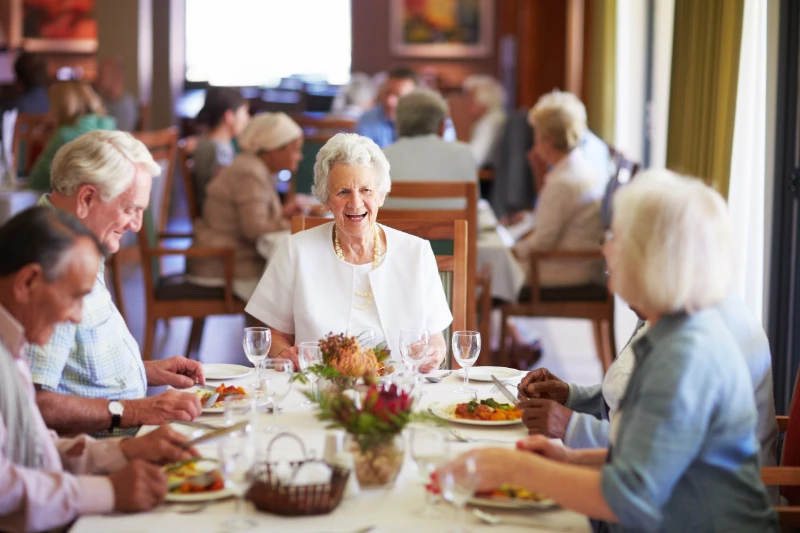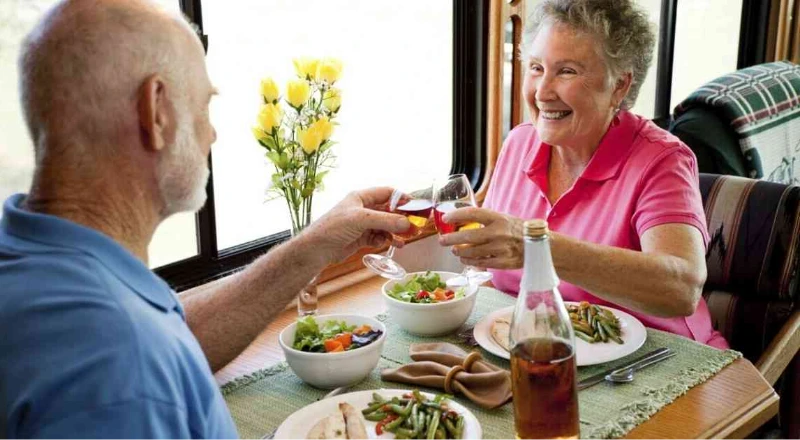
It is possible to reduce the risk of serious health problems in seniors by providing them with healthy meals and snacks. In addition to improving the body's ability to fight off illnesses and recover from injuries, good nutrition can also improve cognitive function and energy levels.
Besides being a great breakfast food, oatmeal is a satisfying snack as well. This nutrient-dense food is also filling, and can be prepared in a variety of ways. It is simple to make and affordable.
It may be a good idea to serve a dish with a little more protein for dinner. Protein is important for keeping the body in shape, as well as reducing muscle breakdown. Eggs and meat contain protein, along with a few other ingredients. When combined with other ingredients, it can provide seniors with the right amount of vitamins and nutrients.

As well as protein, vegetables should also be included in your diet. Green leafy vegetables, broccoli, and collard greens are good choices because they are high in calcium and vitamins and minerals. You can also enjoy these foods because they improve digestion and add a special flavor to your meals.
A senior's meal can also be enriched by whole grains. Whole grain bread is high in fiber, vitamins, and minerals, and you can also use whole grain pasta. You can boost the meal's nutritional value by adding extra protein, such as scrambled eggs.
Additionally, you can lower your senior's risk of heart disease and congestive heart failure by adding heart-friendly recipes to their meals. Reducing salt intake can also reduce their blood pressure.

You should avoid processed foods, since they contain a lot of sugar and fat. Processed foods can also contribute to inflammation, which can cause cognitive decline and other health problems. Quinoa, which is high in protein, magnesium, calcium, and fiber, is an alternative that can also be used.
It is important for you to consult a medical professional if you are concerned about your senior's diet. The medical professional can provide you with the right guidelines and recommendations. You can also ask restaurants and food retailers to provide you with lower-sodium options.
You may also want to add roasted vegetables, fish, or salads to your dinner menu. These foods contain more bioavailable nutrients than canned foods, which may help your senior absorb more vitamins and minerals.
By adding zest, you can also make certain dishes a little more exciting. You can also add spices to your recipes, such as pepper, garlic, and basil, to improve digestion and immunity. This will not only make your food taste good, but will help your senior's taste buds develop.
It is important to provide your senior with a protein-rich lunch. Protein can provide your senior with vitamins and fatty acids.


